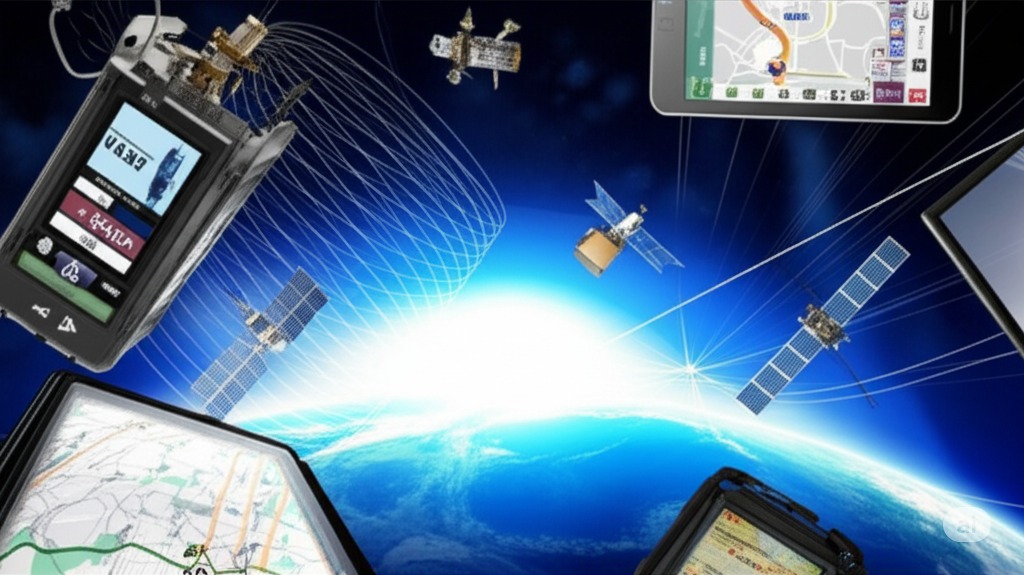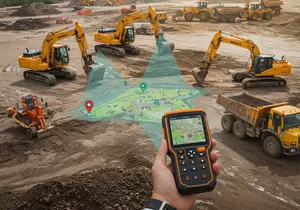Core Asset Tracking Features
- Real-time GPS location tracking with precise coordinates
- Geofencing alerts for unauthorized movement detection
- Historical tracking data and route analysis
- Battery-powered tracking devices for portable assets
- Mobile app and web dashboard access
GPS asset tracking systems deliver comprehensive visibility and control over valuable equipment and mobile assets.




